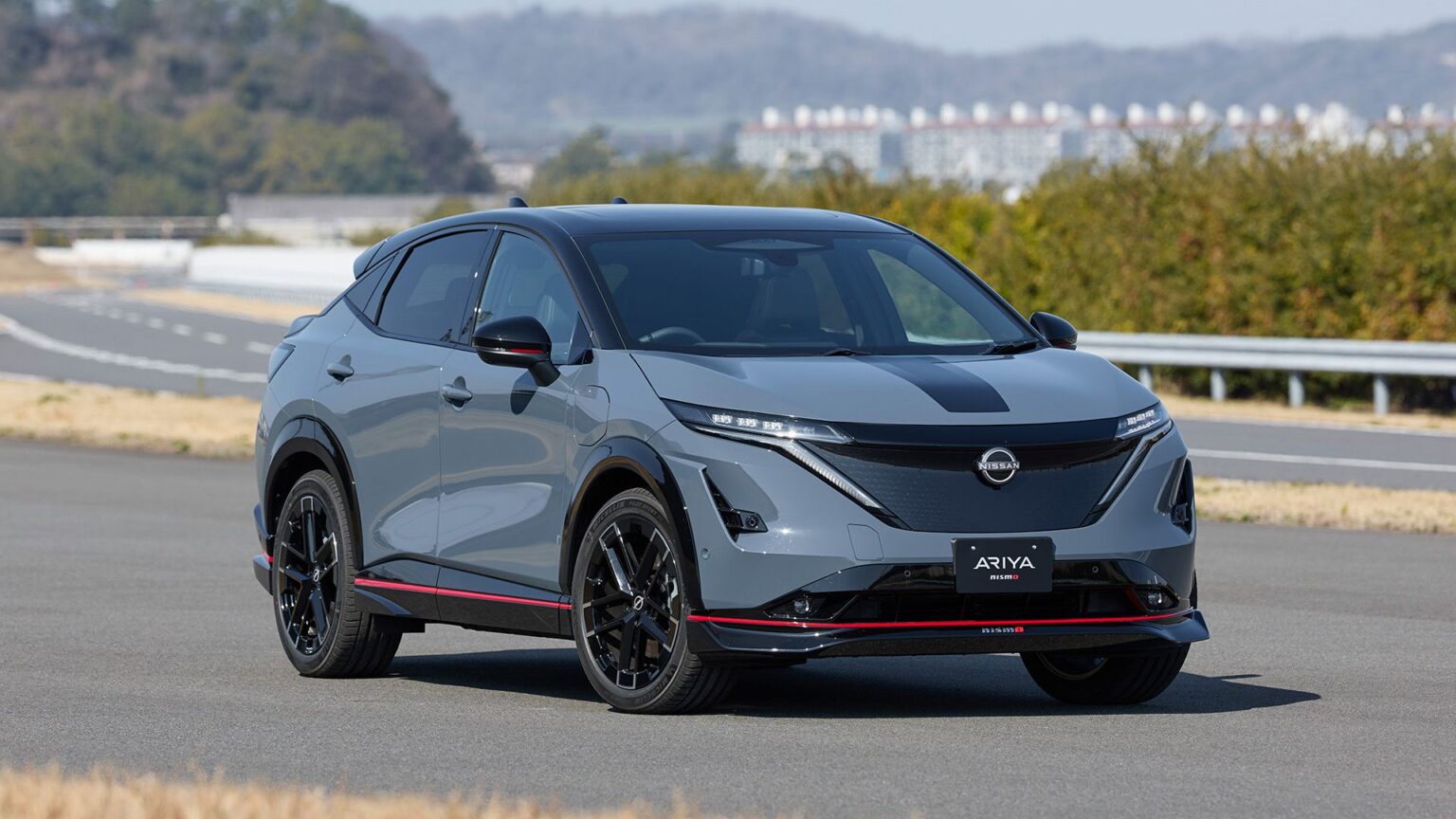Now that Nissan and Honda are joining forces in an attempt to solidify their position in the global market, but also to better take on China Inc.’s relentless expansion in the automotive sector, there are many questions on the table. What will the future of these brands look like? What kind of models can we expect, and, perhaps more importantly, will they help accelerate the Japanese auto industry’s lagging position in the electric vehicle (EV) race? For now, it appears Nissan doesn’t have much more information to share at this point, except maybe a manifesto that some of its employees have been sharing on social media.
“There’s No Slowing Us Down”, Nissan Says
The manifesto, or corporate statement, with the title “Full Speed Ahead” was shared by some of Nissan’s employees via their LinkedIn Profile. In a nutshell, Nissan wants to reiterate that although there has been a lot of speculation around its merger talks with Honda, effective in 2026, it knows precisely what it’s doing, where it’s going and that there’s no slowing the carmaker down. Nissan made it clear to underline that it is in full control of the operation because it’s “at the wheel” and “very much looking forward to the journey ahead.”
Nissan also said in its document that the coming months will mark some of the most exciting times in its history. The carmaker claims that it expects to launch 30 new models this year globally, either powered by internal combustion engines (ICEs), EVs, or hybrid, as well as plug-in hybrid (PHEV) propulsion.
The manifesto also speaks of investments in innovations such as autonomous driving technology, and “efficient charging technologies”, whatever that means. Finally, Nissan says that it relies on its robust team of engineers, designers, manufacturing technicians and dealers across the world to power through this transition. There’s obviously a lot of tension around this merger, and Nissan wants to set the record straight.
What New EV Could Nissan Launch This Year?
Although Nissan is seen as a pioneer in the EV space with the first-ever LEAF released more than a decade ago, the carmaker hasn’t expanded its EV portfolio since. Sure, it released the Ariya last year to mixed reviews and mixed sales success. But none of the Ariya’s, or the LEAF’s technology has yet transcended to other models like, say, what the South Korean brands have been doing. Why?
The general assumption is that Nissan’s fragile financial situation has slowed down its EV progress. There’s also the issue of the Ariya being powered by CATL batteries, which have recently been blacklisted on U.S. soil. That’s going to be a hard one to work around for Nissan.
That being said, I’m genuinely curious to see what it has in stock in terms of EVs this year. The carmaker made big EV and PHEV claims, but it’s unclear which models will inherit this technology and when we’ll see them in the flesh. It’s even more unclear if these models will even be made available on this continent, given the new administration that’s about to be put in place in the U.S., which could thwart EV adoption as a whole.
But, Nissan has already begun making strategic changes here in North America to realign its position as a large-scale automaker. Just last month, the company announced that Nissan veteran Christian Meunier would make a return after a short stint at Jeep as Chairman of Nissan Americas. That’s good news for Nissan and its EV portfolio, as Meunier has been a very prominent believer in electric vehicles in the past. We’ll keep following the Nissan-Honda merger closely and will report back here once we know more.
Read the full article here


